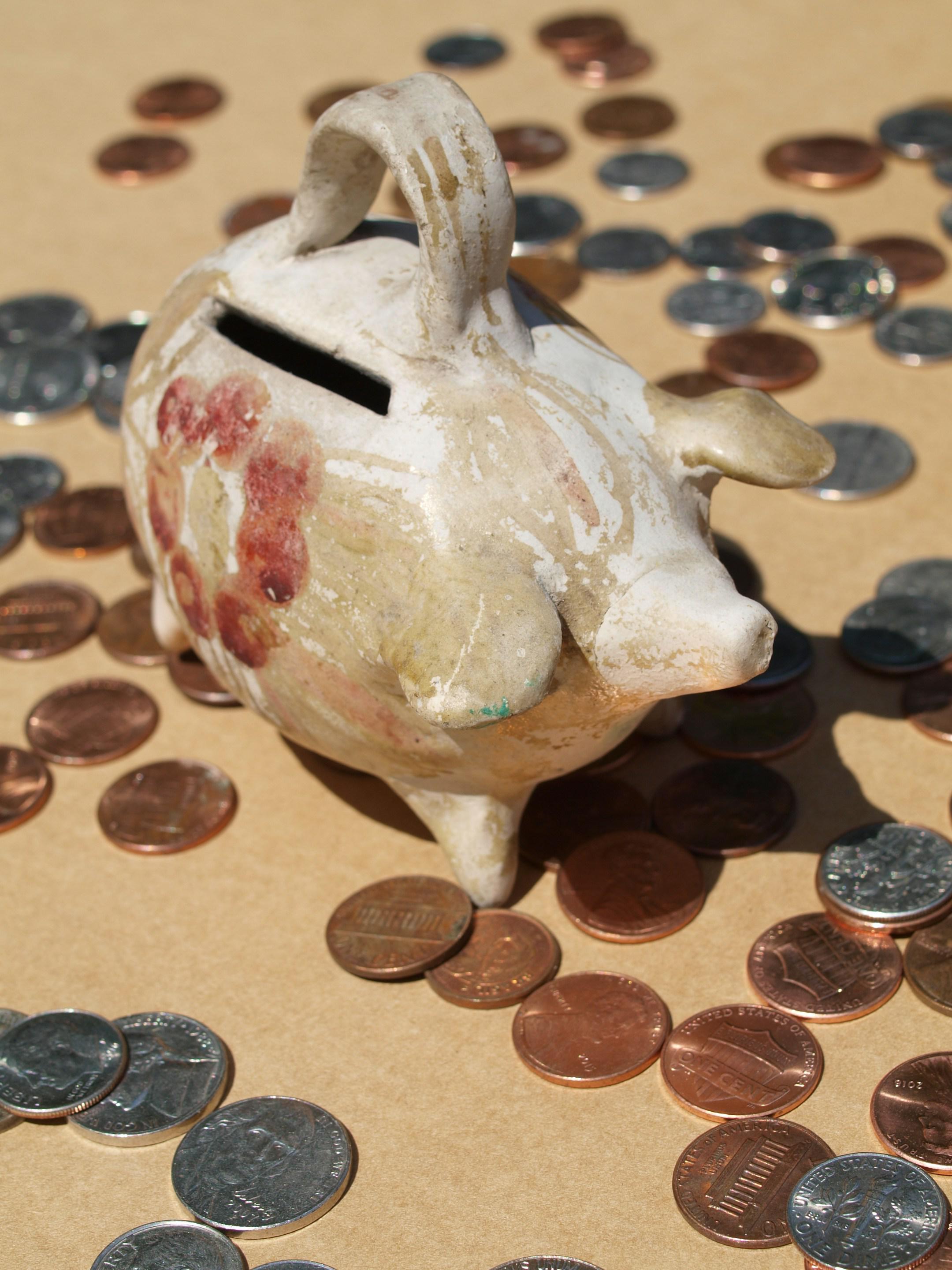Why an Emergency Fund is Essential
Life is unpredictable, and unforeseen events can occur at any time. Whether it's a sudden medical expense, car repair, job loss, or other emergencies, having a financial cushion can help you navigate these challenges without resorting to high-interest debt or dipping into your long-term savings. Here are some key reasons why an emergency fund is crucial:
- Financial Security: An emergency fund provides a buffer against unexpected expenses, reducing the stress and anxiety associated with financial uncertainty.
- Avoiding Debt: With an emergency fund in place, you can avoid accumulating high-interest debt from credit cards or loans when emergencies arise.
- Protecting Long-Term Savings: By having a dedicated fund for emergencies, you can keep your long-term savings and investments intact, ensuring your financial goals remain on track.
How Much Should You Save?
The general rule of thumb is to save at least three months' worth of your salary in an easily accessible savings account. This amount provides a solid foundation to cover basic living expenses in case of an emergency. Here’s a step-by-step guide to building your emergency fund and protecting your financial assets:
Step 1: Establish an Emergency Fund
Goal: Save three months' worth of your salary.
- Calculate Your Monthly Expenses: Determine your essential monthly expenses, including housing, utilities, groceries, transportation, insurance, and minimum debt payments.
- Set a Savings Target: Multiply your monthly expenses by three to establish your initial savings goal.
- Open a Dedicated Savings Account: Use a high-yield savings account to store your emergency fund, ensuring it remains separate from your everyday spending accounts.
- Automate Your Savings: Set up automatic transfers from your checking account to your emergency fund to ensure consistent progress towards your savings goal.
Step 2: Protect Your Assets
Once you have established your emergency fund, the next step is to protect your assets by purchasing appropriate insurance coverage. Insurance acts as a safeguard, protecting you from significant financial losses due to unforeseen events.
- Term Life Insurance: Provides financial support to your dependents in the event of your untimely death. Choose a coverage amount that can replace your income and cover essential expenses for your family.
- Property and Casualty (P&C) Insurance: Includes homeowners, renters, auto, and liability insurance to protect your property and assets from damage or loss.
- Short-Term Disability Insurance: Provides income replacement if you are unable to work due to a temporary disability or illness.
Step 3: Expand Your Emergency Fund or Start Investing
With your initial emergency fund and insurance coverage in place, you can choose to further strengthen your financial foundation by either expanding your emergency fund or beginning to invest.
Option 1: Expand Your Emergency Fund
- Goal: Save an additional three months' worth of your salary, especially if you have dependents or a variable income.
- Benefits: Provides extra security and peace of mind, ensuring you can handle prolonged financial challenges.
Option 2: Start Investing
- Goal: Invest 10% of your salary into a retirement account, such as an Individual Retirement Account (IRA).
- Benefits: Investing for the long term helps you build wealth and secure your financial future. Choose a mix of stocks, bonds, and other assets that align with your risk tolerance and retirement goals.
Conclusion
Establishing an emergency fund is a fundamental step in achieving financial security. By saving at least three months' worth of your salary, protecting your assets with appropriate insurance, and either expanding your emergency fund or starting to invest, you can build a robust financial foundation. This approach not only prepares you for unexpected expenses but also sets you on a path towards long-term financial stability and success. Take action today to secure your financial future and enjoy the peace of mind that comes with being well-prepared for whatever life throws your way.
